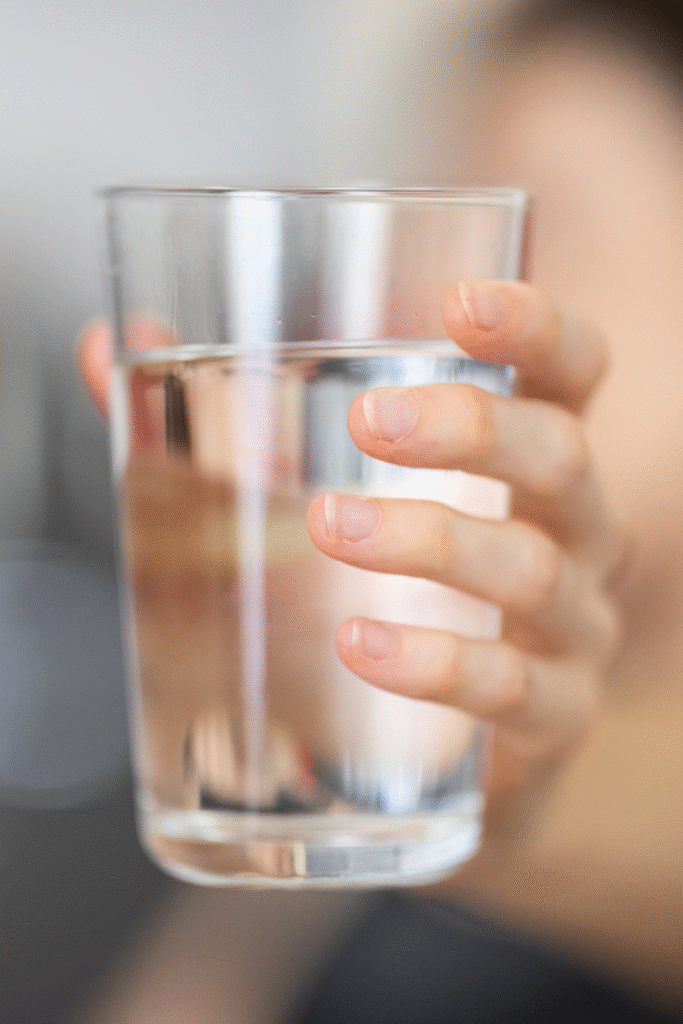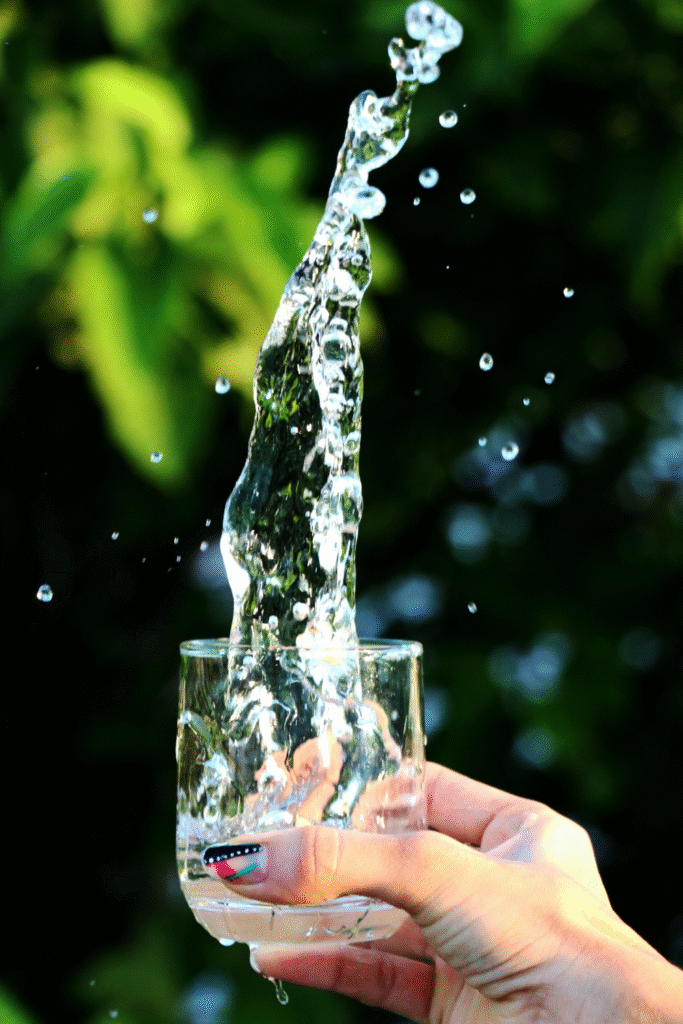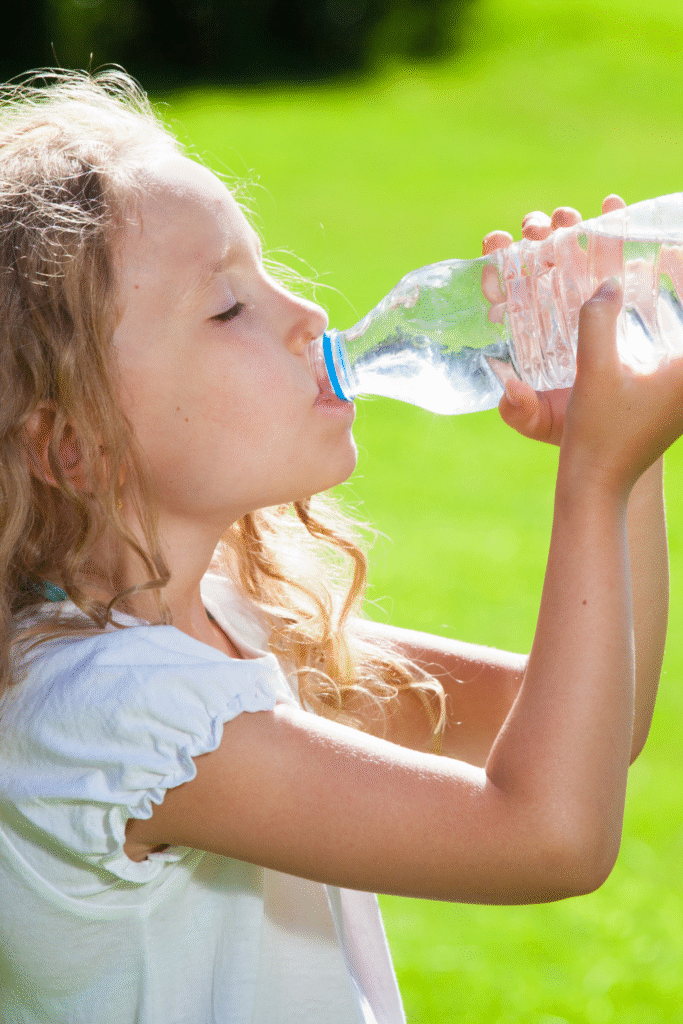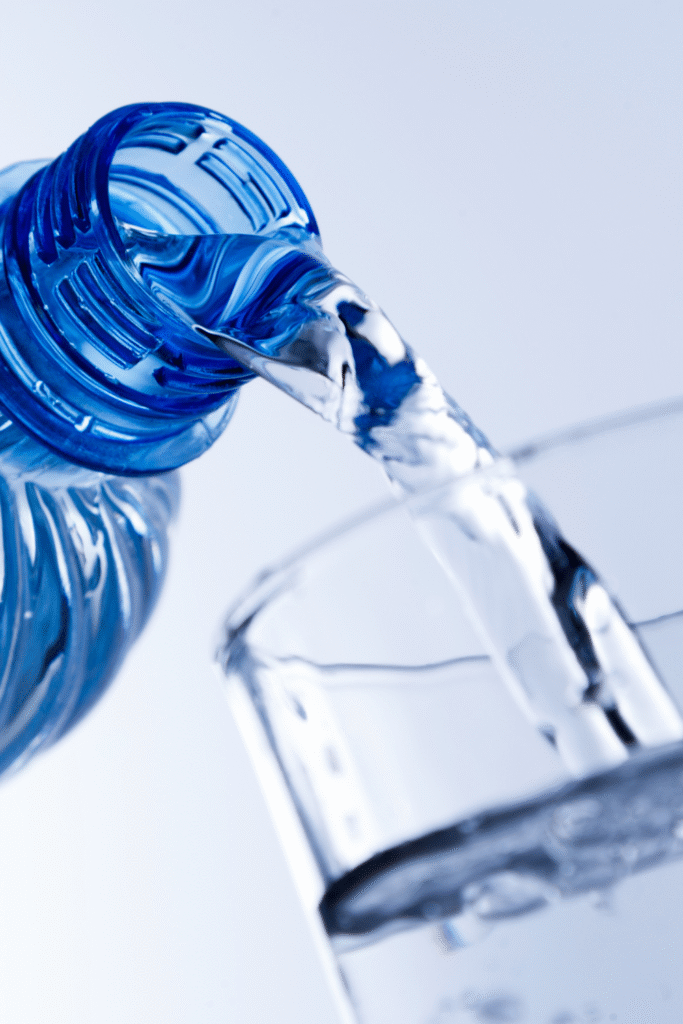Staying hydrated is one of the simplest and most effective ways to improve your overall health. Yet, many people underestimate the impact of drinking enough water.
From boosting energy levels to enhancing skin health, proper hydration plays a crucial role in nearly every bodily function.
This blog will explore the many benefits of drinking water, the link between hydration and health, practical tips to increase water intake, and some common myths about staying hydrated.
By the end, you’ll have a thorough understanding of why water is more than just a thirst quencher—it’s a health elixir.
Why Is Water Important?
Water is often called the “elixir of life,” and for good reason. Around 60% of the human body is made up of water, and every system in your body relies on it to function correctly.
Whether it’s regulating body temperature, aiding digestion, or transporting nutrients, water is essential to staying alive and thriving.
Failing to drink enough water can lead to dehydration, which can affect everything from energy levels to cognitive performance.
This underlines the importance of staying hydrated daily. But how exactly does water influence your health in specific ways? Let’s take a closer look.
The Many Benefits of Drinking Water
1. Boosts Physical Performance
Whether you’re hitting the gym or simply going about your daily activities, dehydration can strain your physical performance.
Losing as little as 2% of your body’s water content can significantly impair physical endurance, strength, and aerobic capacity.
Proper hydration helps maintain optimal muscle function and prevents cramps or fatigue. It also ensures that your joints stay lubricated, reducing the risk of injuries during physical activities.
2. Enhances Cognitive Function
If you’ve ever felt foggy-headed after skipping water for a long period, you’re not alone. Studies have shown that even mild dehydration can negatively impact focus, memory, and overall mental clarity.
Drinking enough water keeps your brain hydrated, improving its efficiency and enhancing your ability to solve problems or stay motivated.
3. Improves Digestion
Water is vital for proper digestion. It helps dissolve nutrients in food, making them easier for your body to absorb.
Additionally, staying hydrated can alleviate common digestive issues like constipation by keeping your stool soft and promoting regular bowel movements.
Pairing adequate water intake with a high-fiber diet is key to maintaining a healthy digestive system.
4. Supports Weight Management
Drinking water can be an effective tool for managing your weight. For starters, it helps curb appetite. Many times, what feels like hunger is actually your body signaling for hydration.
Drinking a glass of water before meals can help you feel fuller and eat less. Additionally, increasing water intake has been associated with better metabolism, enhancing fat oxidation and calorie burning.
5. Promotes Healthy Skin
Water isn’t just good for your insides—it’s great for your skin, too! Proper hydration helps your skin retain elasticity, reducing the appearance of wrinkles and dryness.
When you’re consistently hydrated, your body can more effectively flush out toxins that might cause breakouts, leaving your skin looking clearer and healthier.
6. Protects Kidneys
Your kidneys are responsible for filtering waste and excess nutrients from your blood.
When you’re adequately hydrated, your kidneys function more efficiently and are less prone to developing kidney stones or urinary tract infections.
Water helps dilute minerals and toxins in your urine, preventing crystalline buildups that can harm kidney health.
7. Bolsters Immune Health
Drinking sufficient water supports a robust immune system. It helps transport oxygenated blood and nutrients to your cells, which is crucial during illness recovery or immune response.
Additionally, water aids in clearing out toxins from the body, enhancing your ability to fight off infections.
How Water Impacts Mental Health
While water is widely associated with physical health, its influence on mental health is equally crucial. Here are some ways hydration impacts your mood and mind:
1. Reduces Stress
Dehydration can increase cortisol levels, which is the hormone responsible for stress. By drinking enough water, you help your body regulate cortisol and maintain a more balanced emotional state.
2. Prevents Fatigue
Fatigue is one of the first signs of dehydration and affects your mental well-being. When you’re tired, you’re more likely to experience irritability, lack of motivation, or even anxiety. Water helps maintain consistent energy levels, keeping mental and emotional fatigue at bay.
3. Improves Focus
Water ensures that your brain receives adequate oxygen and nutrients via healthy blood circulation. This supports concentration and mental clarity, allowing you to remain productive and alert throughout the day.
4. Promotes Healthy Skin
Staying hydrated plays a vital role in maintaining healthy, glowing skin. Water helps flush out toxins from the body, reducing the risk of acne and other skin issues. It also improves skin elasticity, making it appear more youthful and reducing the appearance of wrinkles.
5. Enhances Physical Performance
Proper hydration is crucial for physical activities, as water helps regulate body temperature and lubricates joints. When your body is well-hydrated, you can perform at your peak, whether you’re exercising or engaging in daily tasks, while also reducing the risk of cramps and fatigue.
6. Boosts Digestive Health
Water aids in breaking down food and helps move nutrients through the digestive system. It prevents constipation and supports the efficient absorption of nutrients, ensuring that your body gets the fuel it needs to function optimally.
Which Posture is Best to Drink Water?
The posture you adopt while drinking water can impact your body’s ability to absorb and utilize it effectively. Experts often recommend sitting down while drinking water rather than standing.
Sitting allows your body to relax, which facilitates proper digestion and absorption.
Drinking water while standing may disrupt the balance of fluids in your body and, over time, could strain your joints or kidneys. By adopting a seated posture, you can hydrate your body more efficiently and promote overall wellness.
Tips for Increasing Water Intake
Staying hydrated doesn’t have to feel like a chore. Here are practical tips to make drinking more water a seamless part of your day:
- Carry a Reusable Water Bottle
Keep a water bottle with you wherever you go. It acts as a visual reminder to hydrate regularly and makes drinking convenient.
- Set Daily Goals
Aim for at least eight 8-ounce glasses of water a day, or more if you’re active or live in a hot climate. Break your goal into smaller targets, like drinking a glass every hour.
- Flavor Your Water
If plain water feels boring, add natural flavor enhancers like lemon, cucumber, or mint. This can make the habit more enjoyable.
- Eat Water-Rich Foods
Foods like cucumbers, watermelon, strawberries, and leafy greens have high water content and contribute to your daily hydration levels.
- Track Your Intake
Use smartphone apps or simple journals to log how much water you’re drinking each day. Tracking progress makes you more likely to stick with the habit.
- Set Reminders
Technology can help you remember to hydrate. Set alarms on your phone or smartwatch to prompt you to take water breaks throughout the day.
- Drink a Glass Before and After Meals
Pairing meals with drinking water can add structure to your hydration routine. Bonus—it may help you control portion sizes by making you feel fuller.
8.Drink Water When You Wake Up
Start your day with a glass of water to rehydrate after hours of sleep. This simple habit can boost your metabolism and help you feel more alert in the morning.
9. Replace Sugary Beverages with Water
Swap sodas, juices, and energy drinks with water. Not only does this improve hydration, but it also reduces extra calories and sugar intake for better overall health.
Debunking Myths About Hydration
There’s no shortage of hydration-related advice, but not all of it is accurate. Here’s the truth behind common myths:
Myth 1: You Need 8 Glasses of Water Daily
While eight glasses is a helpful guideline, hydration needs vary. Factors like age, activity level, and climate determine how much water your body requires. Listen to your thirst cues and aim for clear or light-yellow urine as a sign of proper hydration.
Myth 2: Coffee and Tea Dehydrate You
Though caffeine is a mild diuretic, coffee and tea still contribute to your overall fluid intake. Regularly consuming moderate amounts won’t dehydrate you.
Myth 3: Only Plain Water Counts
Other fluids like milk, smoothies, and herbal teas contribute to your hydration as well. Just be mindful of sugary drinks, as excessive sugar can harm your overall health.
Myth 4: You’re Not Dehydrated If You’re Not Thirsty
Feeling thirsty is a late dehydration signal. It’s better to drink regularly throughout the day instead of waiting for thirst to set in.
Myth 5: Drinking Water Helps Detox Your Body
While water aids in expelling toxins through your kidneys and liver, your body’s natural detox system does most of the heavy lifting. Drinking water supports, but isn’t solely responsible for, detoxification.
Myth 6: Cold Water is Bad for Digestion
Some believe that drinking cold water hinders digestion, but there is no strong scientific evidence to support this claim. Your body adjusts the temperature of consumed water, and cold water can even be refreshing and beneficial during hot weather or workouts.
Final Thoughts on Staying Hydrated
Drinking more water is one of the easiest yet most impactful ways to improve your health. From enhancing your physical performance and boosting cognitive function to promoting glowing skin, the benefits of staying hydrated are numerous. To make hydration a consistent habit, consider carrying a reusable water bottle, setting reminders, or infusing your water with fruits and herbs for added flavor.
Remember, hydration is not just about drinking water—it includes consuming water-rich foods like fruits and vegetables. Prioritizing your hydration needs can lead to a healthier, more energized, and balanced lifestyle. Stay mindful of your body’s signals, and take small steps every day to ensure you’re giving your body the hydration it needs to thrive.
Take Action Today
Start prioritizing your hydration by keeping a water bottle with you throughout the day and setting reminders to take regular sips.
Track your water intake and make it a goal to meet your daily needs. Your body will thank you for the effort—so take the first step toward better health and make hydration a habit today!
Drinking more water can improve energy levels, aid digestion, and support overall well-being. It helps maintain proper hydration, which is essential for regulating body temperature, keeping joints lubricated, and delivering nutrients to cells.
Make water your drink of choice to experience these incredible benefits daily.
FAQs About Hydration
1. How much water should I drink each day?
The general recommendation is to drink about 8 cups (64 ounces) of water a day, but this can vary depending on factors like age, activity level, climate, and overall health.
2. Can I count other beverages toward my daily water intake?
Yes, other beverages such as tea, coffee, and milk contribute to your hydration. However, be cautious with drinks high in sugar or caffeine, as they may have diuretic effects.
3. What are some signs of dehydration?
Common signs of dehydration include dry mouth, dark yellow urine, fatigue, dizziness, and less frequent urination. Severe symptoms may require medical attention.
4. Is drinking too much water harmful?
Yes, overhydration, or water intoxication, can disrupt the balance of electrolytes in your body, potentially leading to serious health issues. Drink in moderation and listen to your body’s signals.
5. Can I hydrate with foods?
Absolutely! Fruits and vegetables such as watermelon, cucumbers, oranges, and lettuce have high water content and can help you stay hydrated throughout the day.









Excellent